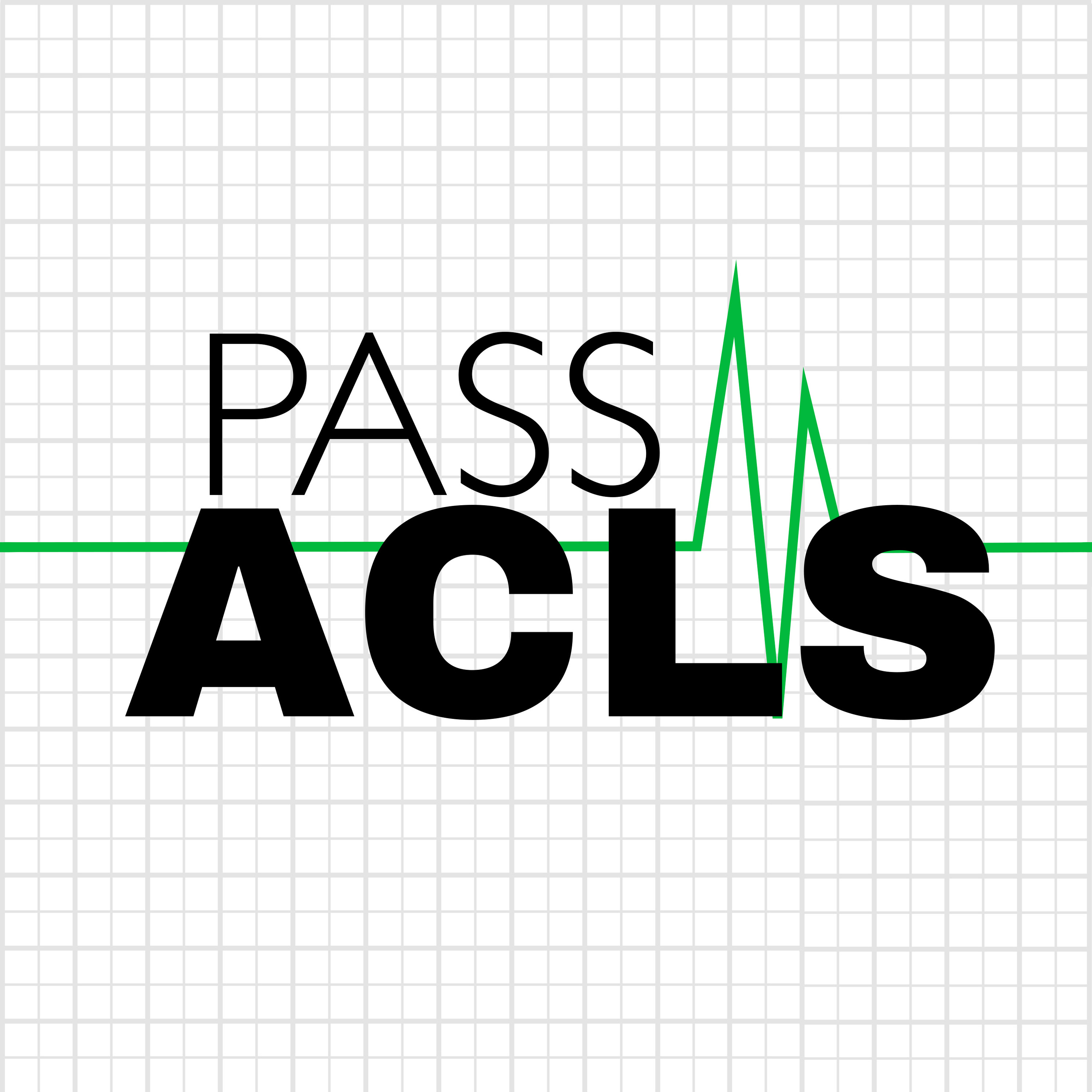Tamponade as an H&T Reversible Cause of Cardiac Arrest
Description
When blood, or other fluids, accumulate in the sac around the heart it’s called a cardiac tamponade or pericardial tamponade.
The effects of tamponade on the electrical system and chambers of the heart.
Cardiac tamponade can be acute or chronic and caused by traumatic, iatrogenic, or pathological etiologies.
Common traumatic events, medical procedures, and diseases that can result in a pericardial tamponade.
Signs & symptoms of cardiac tamponade.
Treatment of cardiac tamponade with pericardiocentesis.
For additional information on cardiac tamponade, check out the Pod Resources page at PassACLS.com.
Connect with me:
Website: https://passacls.com
@PassACLS on X (formally known as Twitter)
@Pass-ACLS-Podcast on LinkedIn
Give back & help others. Your support will help cover the monthly cost of software and podcast & website hosting. Donations made via Buy Me a Coffee at https://buymeacoffee.com/paultaylor are appreciated.
Good luck with your ACLS class!
Discover more FOAMed podcasts and earn CE at Conveymed.io
More Episodes
Hydrogen ions is on one of the Hs in ACLS's H&T reversible causes of cardiac arrest.
When considering hydrogen ions as a cause, what we’re looking at is the patient’s pH, or acid/base balance, and conditions that affect it.
The body's normal pH.
Using patient history, ABGs, & labs to...
Published 06/28/24
Published 06/28/24
Being the team leader during a cardiac arrest is challenging. Using an algorithm helps by standardizing & prioritizing our interventions using an If/Then methodology.
Review of BLS steps for determining if rescue breathing or CPR is needed and use of an AED for patients in cardiac arrest....
Published 06/27/24


